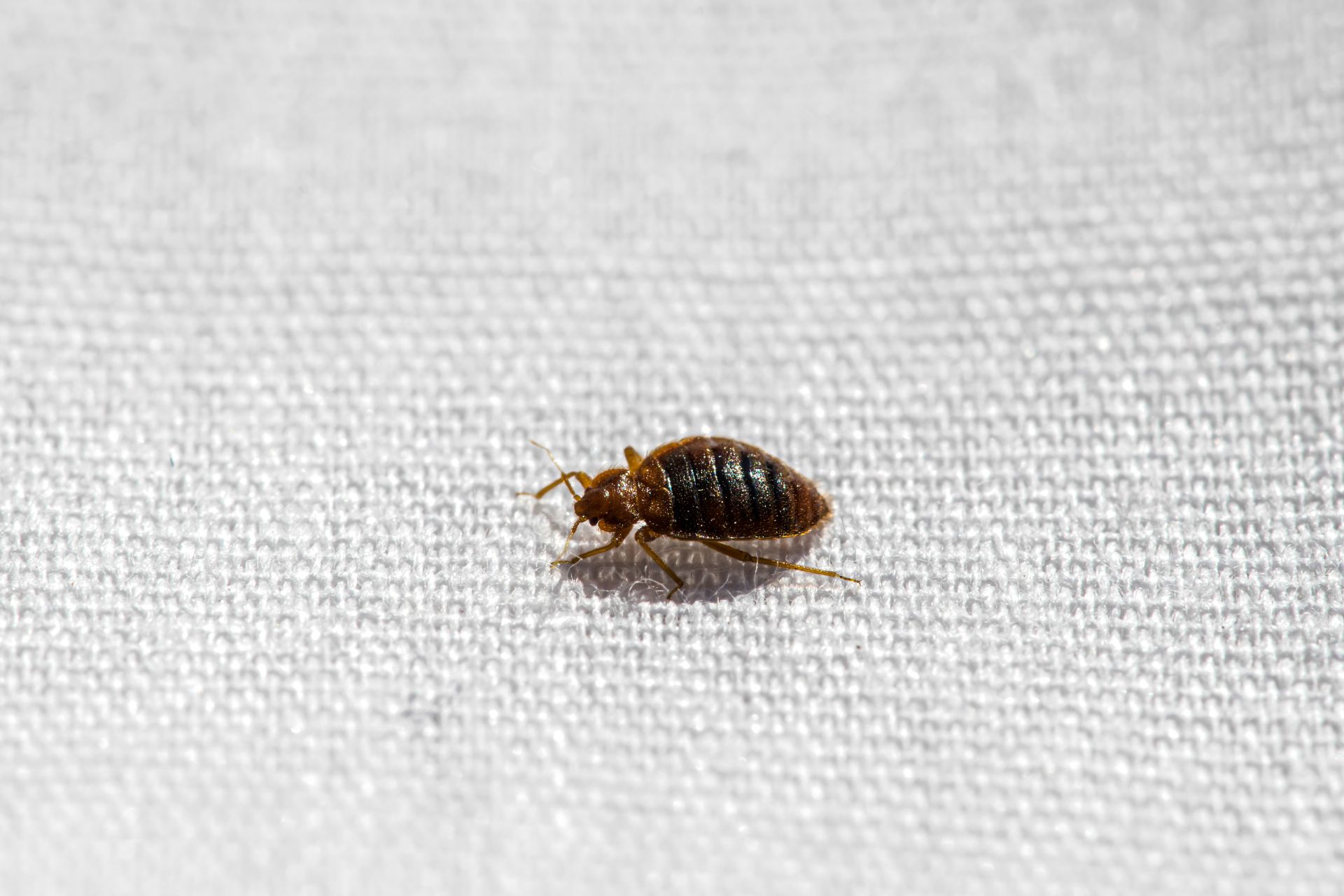Identifying the Source of Small Mosquitoes: Small Mosquito In Bathroom

Small mosquitoes, often referred to as “gnats” or “no-see-ums,” can be a nuisance in bathrooms, especially during humid seasons. Identifying the source of these pesky insects is crucial for effective control. While they might seem to appear out of thin air, they have specific breeding grounds and attractants that draw them to bathrooms.
Common Breeding Grounds, Small mosquito in bathroom
Mosquitoes require standing water to reproduce. In bathrooms, several common breeding grounds can harbor these tiny insects:
- Drains: Drains, especially those with slow drainage or infrequently used, can collect stagnant water, providing an ideal breeding ground for mosquitoes.
- Sinks: Water left standing in sinks, particularly in the overflow holes, can attract mosquitoes. Even a small amount of water can be sufficient for breeding.
- Floor Cracks: Small cracks in the bathroom floor can accumulate water, especially if there is a leak or if the floor is not properly sealed.
- Toilet Bowls: Water left in the toilet bowl after flushing can also serve as a breeding site, especially if the toilet is not properly maintained.
- Shower Heads: Leaking shower heads can create a constant source of moisture, attracting mosquitoes and providing a suitable breeding environment.
- Bathtubs: Water left in bathtubs, even after a quick rinse, can provide a breeding ground for mosquitoes, especially if it is not cleaned and dried regularly.
Factors Attracting Mosquitoes to Bathrooms
- Moisture: Bathrooms are inherently humid environments, providing ideal conditions for mosquito breeding. The presence of water droplets, condensation, and steam creates a favorable environment for these insects.
- Stagnant Water: As mentioned earlier, stagnant water is essential for mosquito reproduction. Any standing water, even in small amounts, can become a breeding ground.
- Food Sources: Mosquitoes are attracted to food sources, including organic matter and decaying vegetation. Bathrooms, especially those with poor ventilation, can accumulate organic matter, attracting mosquitoes.
- Light: Mosquitoes are attracted to light, and bathrooms often have bright lights, which can draw them in.
Inspecting Potential Breeding Sites
- Drains: Regularly check drains for standing water. Clean them thoroughly and ensure proper drainage. Pour boiling water down drains to kill any mosquito larvae.
- Sinks: Wipe down sinks after each use to prevent water from standing in the overflow holes. Use a toothbrush to clean the overflow holes and remove any debris.
- Floor Cracks: Inspect the bathroom floor for cracks and seal them with a suitable sealant. Ensure that the floor is properly sloped to prevent water from pooling.
- Toilet Bowls: Flush the toilet after each use and keep the toilet bowl clean. Use a toilet bowl cleaner to remove any stains or deposits that can attract mosquitoes.
- Shower Heads: Check shower heads for leaks and repair them promptly. Wipe down the shower head after each use to remove any water droplets.
- Bathtubs: Wipe down the bathtub after each use to remove any standing water. Ensure that the bathtub is properly drained and dried.
Effective Mosquito Control Strategies
:max_bytes(150000):strip_icc()/mosquito-bites-1298218-5c04a65246e0fb000183d55a.png)
Eliminating mosquitoes in your bathroom requires a multi-pronged approach that focuses on eliminating breeding grounds, repelling adults, and preventing entry. This guide provides practical strategies to help you achieve a mosquito-free bathroom.
Eliminating Breeding Grounds
Mosquitoes require standing water to lay eggs. Therefore, the first step in mosquito control is to eliminate any potential breeding grounds in your bathroom. Here’s a step-by-step guide:
- Inspect for Standing Water: Thoroughly inspect your bathroom for any areas where water can accumulate, such as under sinks, around drains, in shower stalls, or in infrequently used tubs.
- Clean and Dry Surfaces: Wipe down all surfaces, including floors, walls, and fixtures, to remove any moisture or spills. Pay particular attention to areas around drains and under sinks.
- Maintain Drain Functionality: Ensure all drains are functioning properly and free of obstructions. Clean drain covers and grates regularly to prevent water from accumulating.
- Empty Water-Holding Objects: Remove or empty any water-holding objects in your bathroom, such as buckets, vases, or decorative fountains. These can provide ideal breeding grounds for mosquitoes.
- Prevent Water Accumulation: If you have a leaky faucet or pipe, repair it promptly. Avoid leaving water standing in the bathtub or shower stall for extended periods.
Recommended Mosquito Repellents for Bathroom Use
Mosquito repellents can help deter mosquitoes from entering your bathroom. Here are some natural and chemical options suitable for bathroom use:
- Natural Repellents:
- Essential Oils: Essential oils like citronella, lemongrass, lavender, and eucalyptus have mosquito-repelling properties. You can diffuse them in your bathroom or add a few drops to a spray bottle with water.
- Plants: Certain plants, such as basil, rosemary, and catnip, naturally repel mosquitoes. Consider placing potted plants in your bathroom for a natural and fragrant deterrent.
- Garlic: The pungent odor of garlic can repel mosquitoes. You can place a few cloves of garlic in a bowl near the bathroom entrance or add it to a spray bottle with water.
- Chemical Repellents:
- DEET: DEET is a highly effective mosquito repellent that is available in various concentrations. Choose a product with a lower concentration for bathroom use.
- Picaridin: Picaridin is another effective mosquito repellent that is less harsh on the skin than DEET. It is available in various concentrations.
- IR3535: IR3535 is a safe and effective mosquito repellent that is often used in children’s products. It is available in various concentrations.
Comparing Mosquito Control Methods
Here’s a comparison of different mosquito control methods, highlighting their effectiveness:
| Method | Effectiveness | Advantages | Disadvantages |
|---|---|---|---|
| Traps | Moderate | Can capture a significant number of mosquitoes. | May not be effective against all mosquito species. |
| Sprays | High | Quickly kill mosquitoes and provide immediate relief. | Can be harmful to humans and pets if not used properly. |
| Insecticide-Treated Nets | High | Provide long-lasting protection against mosquitoes. | May not be suitable for all bathrooms. |
